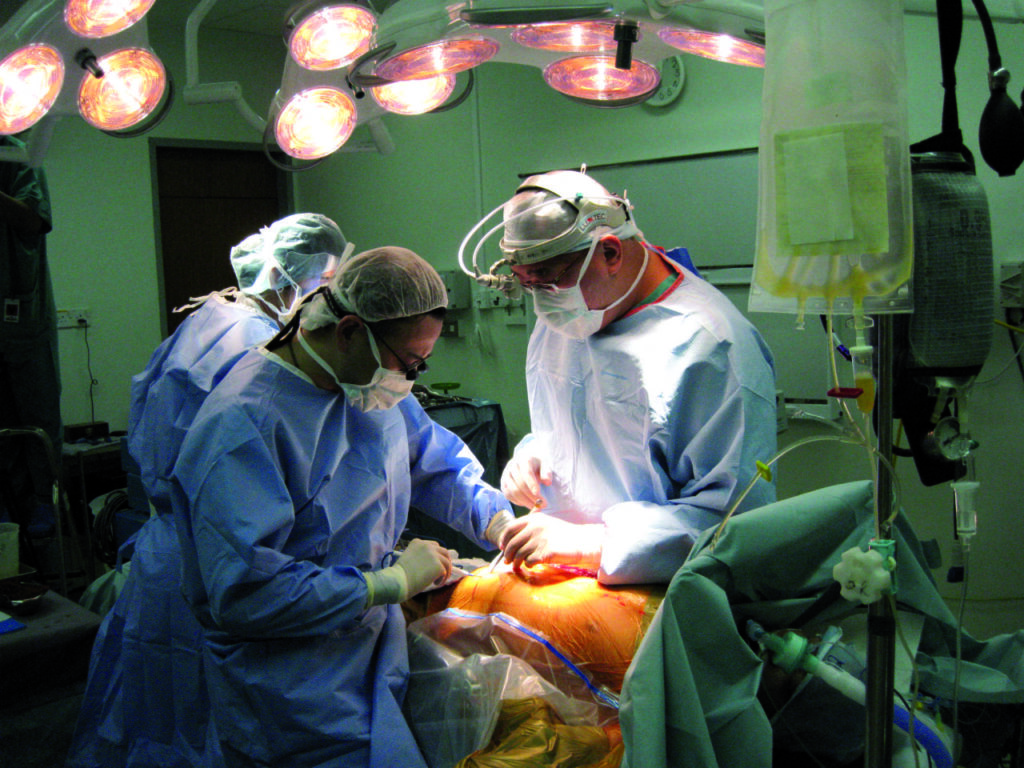Quell Therapeutics has raised $156m funding through an oversubscribed Series B funding round to advance its multi-modular engineered T regulatory (Treg) cell therapy pipeline and platform.

The proceeds will be used to fund clinical development of QEL-001 in liver transplantation. Credit: Tareq Salahuddin/ Flickr.
Subscribe to our email newsletter
Quell Therapeutics has raised $156m funding through an oversubscribed Series B funding round to advance its multi-modular engineered T regulatory (Treg) cell therapy pipeline and platform.
SV Health Investors and Ridgeback Capital Investments have co-led the financing round with Fidelity Management & Research Company, and Jeito Capital.
The funding round also saw participation from founding investor Syncona.
Point72 and funds managed by Tekla Capital Management, Janus Henderson Investors, British Patient Capital through its Future Fund: Breakthrough programme, and Monashee Investment Management were the new investors of the round.
Apart from accelerating the Treg platform development, Quell plans to use the funds to further develop an allogeneic CAR-Treg platform.
The company will also advance its product pipeline in core therapeutic areas including autoimmune, neuroinflammatory diseases, and transplantation.
Additionally, the proceeds will be utilised to fund the LIBERATE Phase I/II clinical study of QEL-001, an antigen-specific multi-modular CAR-Treg cell therapy candidate.
QEL-001 is designed to prevent organ rejection in patients undergoing liver transplantation. It eliminates the need for lifelong immunosuppression and induces durable immune tolerance.
Quell Therapeutics CEO Iain McGill said: “Quell is at the forefront of a new wave of cell therapy. We are leading the way with our highly differentiated, multi-modular approach to Treg therapy engineering and production.
“We are proud to have the support of this premiere syndicate of investors as we drive forward to our next stage of growth.
“With this financing, we have the full suite of capabilities – capital, cutting-edge science, and a world-class team – to advance our pipeline and platform to key milestones on our path ultimately to deliver potentially transformative therapies to patients suffering from diseases caused by immune dysregulation.”
 Advertise With UsAdvertise on our extensive network of industry websites and newsletters.
Advertise With UsAdvertise on our extensive network of industry websites and newsletters.
 Get the PBR newsletterSign up to our free email to get all the latest PBR
news.
Get the PBR newsletterSign up to our free email to get all the latest PBR
news.

